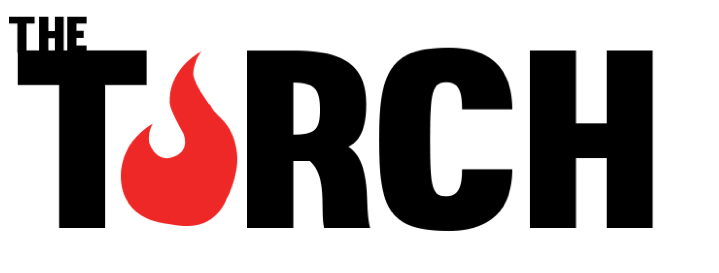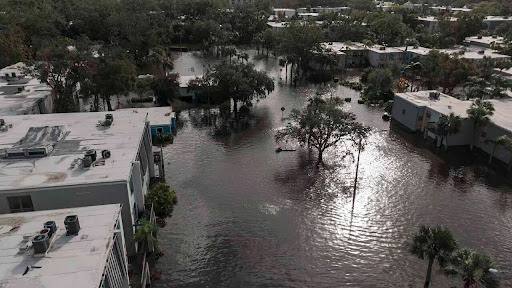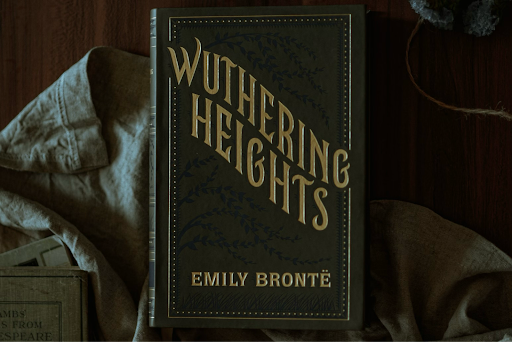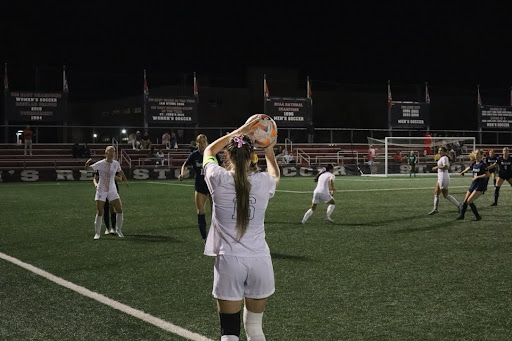In this ever-changing world of media, it’s become increasingly easier to get caught up in headlines without reading into a story, or to simply be blindsided by “fake news.” Social media has made it easier than ever to consume news — which means it’s more important than ever to focus on media literacy.
There’s a situation most of us are likely familiar with: You get some free time, scroll through sites like Twitter and Facebook, see headlines, get caught up in what they say, and react to it without actually reading the story.
We reported on a story this week about a former alumnus and Board of Trustees member who is suing the University over the naming rights to Bent Hall. The story was first reported by the New York Post on Friday, and when we first found it, we were instantly fascinated. But there was a lot more to it than just the lawsuit and money mentioned in the headline. Upon closer reading of the Post story, obtaining the actual lawsuit from the court, and through placing some phone calls and emails to representatives on both sides of the case, we uncovered that no written agreement existed between the plaintiff, Bruce Bent, and St. John’s.
Another issue that’s commonly discussed is fake news. No, it isn’t just rhetoric. We sometimes come across stories that are actually “fake news,” as in, they don’t present factual reporting. It’s a serious problem, and it degrades the work of reporters who seek to report the truth.
The issue of fake news has been taken on by everyone from the President of the United States, to everyday Americans, to the media itself. To combat this issue, Facebook even went as far as working with fact-checking groups to help read through articles and identify whether they’re spreading misinformation or not.
But there are things all of us can do, too, to help fight this issue. Finding reliable news sources is key, and while it may seem like a silly thing to say, so is reading. There’s a lot more to every story than its headline. Even while reading or listening to stories, it’s important to think critically, and even question the reporting, if it seems fitting. As journalists, we’re taught to question everything. Consumers of media should do that as well. There’s nothing wrong with questioning a story — it helps you think more critically about the news, assess its validity, and most importantly, to learn more. As long as you read the story, of course.








